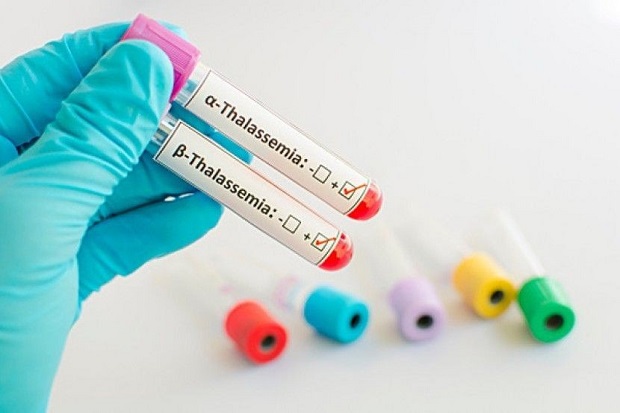loading…
“Treatment given to thalassemia survivors can be done with blood transfusions and regular iron chelation to increase hope and better quality of life,” said dr. Sri in a Webinar with PT Kalbe Farma Tbk (Kalbe) celebrating World Thalassemia Day, Saturday (29/5).
People with thalassemia require early treatment and regular therapy to be able to have a quality life in carrying out daily activities well. In addition, people with people are also encouraged to consume vegetables and fruits that contain lots of nutrients and vitamins (folic acid, vitamin E, vitamin C).
Also Read: Prevent Prospective Baby from Having Thalassemia, You Should Do This Before Getting Married
Director of Prevention and Control of Non-Communicable Diseases of the Indonesian Ministry of Health, dr. Cut Putri Arianie, MH.Kes explained that in dealing with Thalassemia, the government has implemented 3 pillars, namely health promotion, early detection, and special treatment.
“Health promotion is done by providing information to the public about thalassemia disease how to prevent and treat it. For early detection, especially for people closest to people with thalassemia. And finally, for special treatment, it is usually done in a hospital,” continued dr. Princess Cut.
He also added that this thalassemia disease is a problem that needs special attention because according to data from the Indonesian Thalassemia Foundation, there are almost 11,000 thousand people with thalassemia where for carriers of their own nature about 6-10% of the Indonesian population.
Meanwhile, Marketing Director Pharma of PT Kalbe Farma Tbk, Ridwan Ong, explained that through the Thalassemia Care Movement, Kalbe has three visions, namely first, to improve the quality of life of Thalassemia survivors through the provision of quality and more accessible products at affordable prices.
Also Read: Not only refreshing, these 5 fruit juices can also help you lose weight
Second, increasing public awareness of the benefits and importance of blood donation through actively collaborating with many stakeholders.
“And third, increasing public awareness through campaigns that Thalassemia can be prevented,” said Ridwan.
(were)
– .


